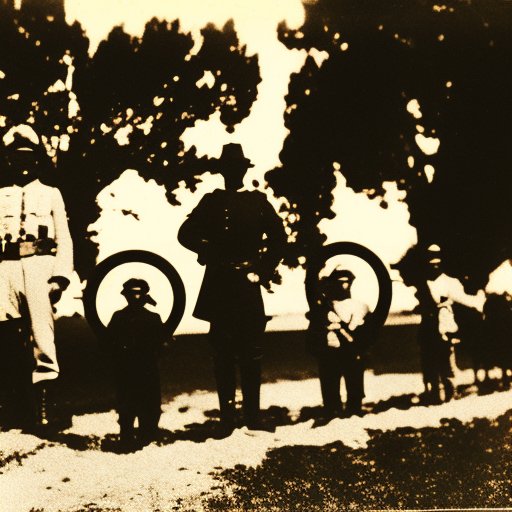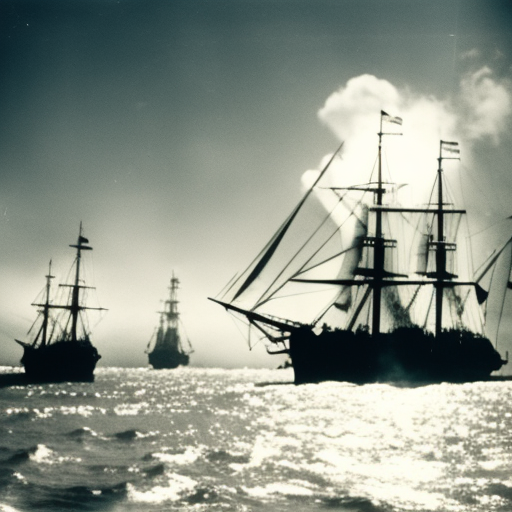Summary:
The Spanish-American War was a conflict that took place in 1898 between Spain and the United States. It was primarily fought over the issue of Cuban independence, but it also had broader implications for the balance of power in the Caribbean and the Pacific. The war lasted only a few months but had a significant impact on both countries involved and marked a turning point in American foreign policy.
Background:
Cuba had been under Spanish rule for centuries, and in the late 19th century, there was growing unrest and desire for independence among the Cuban population. The United States, with its economic interests in Cuba, had been closely monitoring the situation. The explosion of the USS Maine in Havana Harbor in February 1898, which resulted in the deaths of 260 American sailors, further heightened tensions between Spain and the United States.
The War:
The war began in April 1898 when the United States declared war on Spain. The conflict was fought on multiple fronts, including Cuba, Puerto Rico, and the Philippines. The American navy, led by Admiral George Dewey, quickly defeated the Spanish fleet in the Philippines, effectively ending Spanish control of the region. In Cuba, the United States launched a military campaign that included a naval blockade and ground operations. The most famous battle of the war was the assault on San Juan Hill, where future American president Theodore Roosevelt and his Rough Riders played a prominent role.
Treaty of Paris:
The war came to an end in August 1898 with the signing of the Treaty of Paris. Under the terms of the treaty, Spain recognized Cuban independence and ceded Puerto Rico, Guam, and the Philippines to the United States. This marked the end of the Spanish Empire as a major colonial power and established the United States as a new imperial power in the Caribbean and the Pacific.
Impact:
The Spanish-American War had significant consequences for both Spain and the United States. For Spain, it marked the end of its status as a global power and the beginning of a period of decline. The loss of its colonies had a profound impact on the country’s economy and national identity. In the United States, the war had a transformative effect on American foreign policy. It signaled the country’s emergence as a global power and its willingness to assert its interests beyond its borders.
Legacy:
The Spanish-American War also had broader implications for the balance of power in the Caribbean and the Pacific. The United States established a military presence in Cuba and Puerto Rico and gained control of the Philippines, which would become a major point of contention in the years to come. The war also raised questions about the nature of American imperialism and its role in the world. Critics argued that the United States had abandoned its principles of self-determination and had become an imperial power in its own right.
In conclusion, the Spanish-American War was a brief but significant conflict that had far-reaching consequences for both Spain and the United States. It marked the end of Spanish colonial rule and the emergence of the United States as a global power. The war also raised important questions about American imperialism and its role in the world.












